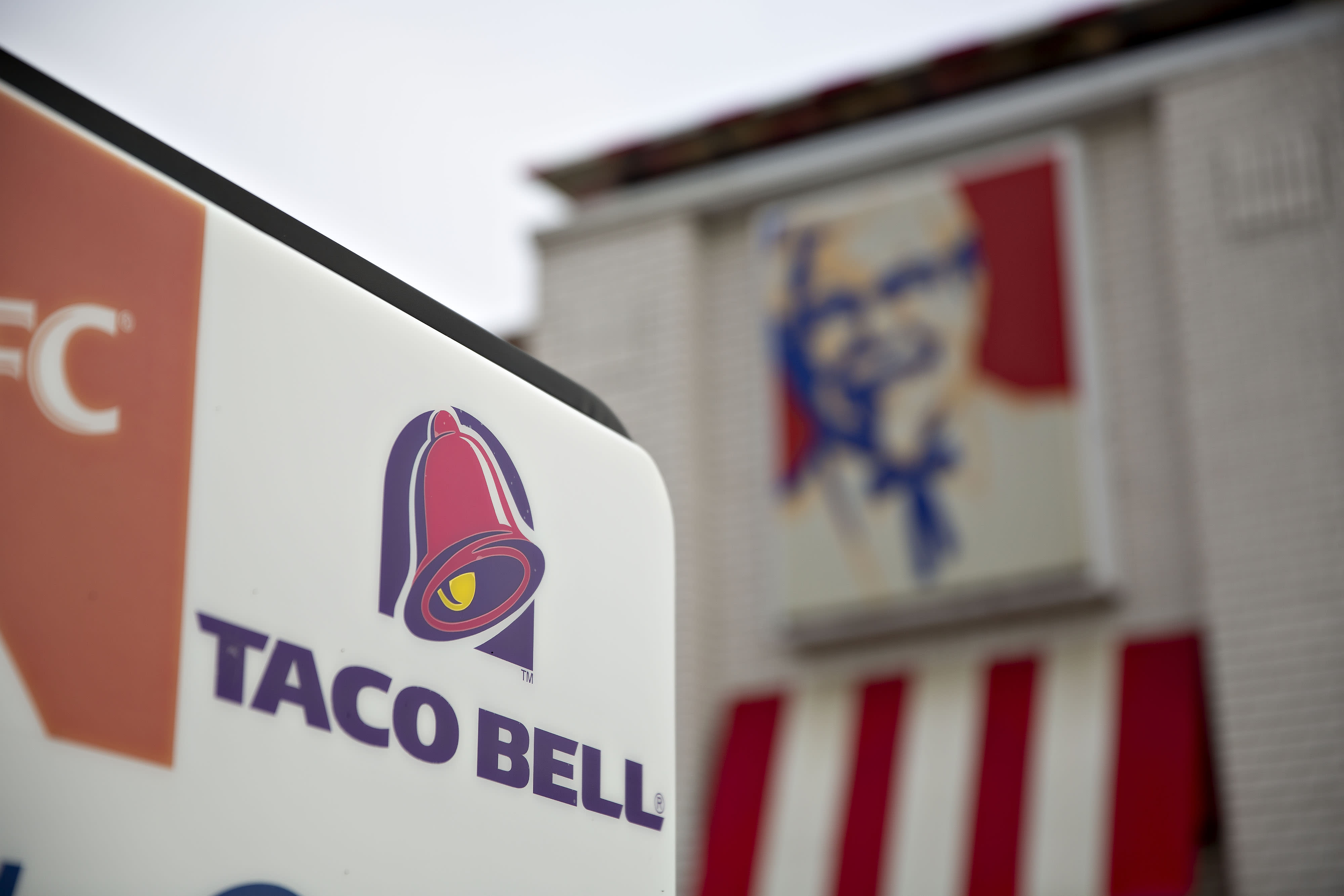Yum Brands said Wednesday that it has made its second technology acquisition in less than a month as the company tries to hold on to the digital orders it gained during the coronavirus pandemic.
The restaurant group, which owns KFC, Taco Bell, Pizza Hut and Habit Burger Grill, said it bought Tictuk, an Israeli company that allows customers to order food while on social media and messaging apps. Yum did not disclose the financial terms of the deal but shared that Tictuk will continue to work with existing third-party clients.
Earlier this month, Yum bought Kvantum, which uses artificial intelligence for consumer insights and marketing performance analytics. It followed a blockbuster year for Yum’s digital ordering in 2020, with digital sales hitting a record of $17 billion, up about 45% from the prior year. Over the last decade, deal-making within the restaurant industry has expanded to include buying up tech companies, in addition to adding new chains to the portfolio.
Yum said that it expects that both the Tictuk and Kvantum acquisitions will have an immaterial impact to its 2021 financial results. Both were all-cash deals.
Yum already uses Tictuk’s ordering platform in about 900 KFC, Pizza Hut and Taco Bell restaurants across 35 international markets. With the technology, customers can order food on WhatsApp, Facebook Messenger, Telegram or via SMS, QR codes and email. Clay Johnson, Yum’s chief digital and technology officer, said that it can be implemented in just a few days.
“We’re excited about the opportunity Tictuk presents, as their solution delivers high impact by enabling our brands to achieve a truly omnichannel presence and provide frictionless ordering for customers in just a few clicks,” CFO Chris Turner said in a statement.
Shares of Yum were unchanged in premarket trading. The company’s stock has risen 55% over the last year, giving it a market value of $32.4 billion.
